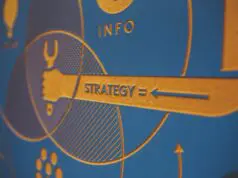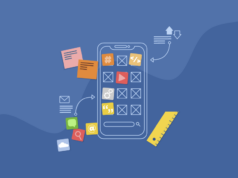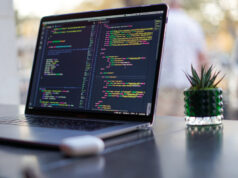
Is humanity doomed thanks to artificial intelligence and super-intelligent machines? This has been a commonly discussed question since Alan Turing, a brilliant British mathematician theorized about artificial intelligence and proposed the now-famous Turing Test.
We’ve come a long way since then. Progress in artificial intelligence, as well as machine and deep learning, has been very rapid in the last few decades. Today, you’ll find all sorts of exciting tools and applications that are changing the way things are done in so many ways.
From Siri, the virtual assistant that’s synonymous with Apple mobile devices to autonomous cars that were once the stuff of fiction, artificial intelligence is thriving and even outperforming human beings at a variety of tasks.
And as with all technological developments since the beginning of time, AI brings with it both negative and positive effects that continue to shape our lives and the world that we live in.
While AI has certainly done a lot to revolutionize businesses and industries while introducing new approaches and opportunities to flourish, it is quite obvious that it is a disruptive technology. As a result, these useful applications are potentially dangerous and could pose a threat in the future.
Is AI really dangerous?

Stephen Hawking once said this about AI and he was absolutely right: ‘’Success in creating effective Artificial Intelligence could be the biggest event in the history of our civilization. Or the worst.’’
Leading scientists, the best AI books, and thinkers in the field have always warned the world about the technological singularity, which refers to the common belief that artificially intelligent machines will one day take over. If you’re really interested in learning more about this debate, feel free to check out this summary article on the most popular books on AI from digitalauthority.me.
Although AI applications have been pretty useful so far, even the smartest and most advanced AI algorithms can misbehave from time to time. Even worse, carelessly applying them can have severe consequences for all involved. Here are some of the ways that AI could actually be dangerous:
Questioning the autonomy in autonomous cars
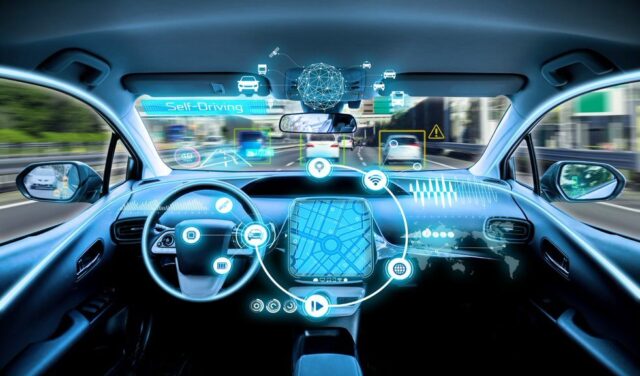
Self-driving cars were quite the buzz when they were first introduced. However, after a few fatal accidents in the past couple of years, it is clear that self-driving technology still has a long way to go especially because most of the resulting accidents could have easily been avoided with some human intervention.
Car manufacturers and a range of startups have been speeding up the process of commercializing AI, which despite its infancy, has seen billions of dollars in investments in the last couple of years. Although companies such as Uber have seen success, it is evident that the technology is still limited and self-driving cars can’t operate as they should in all conditions.
Bots that control your votes
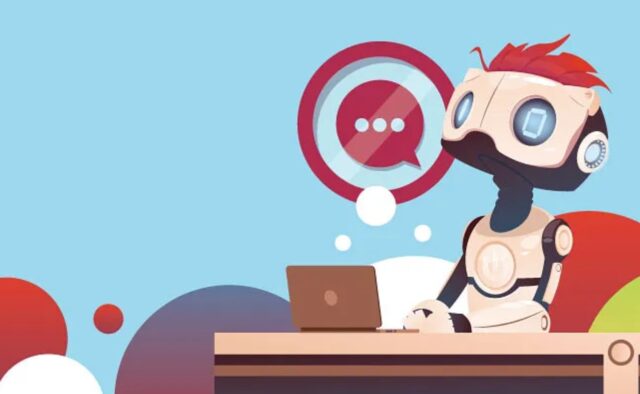
You may have come across stories of exploitation of data sharing practices to influence the turnout of the 2016 US political elections. AI algorithms that determined which pieces of news and information to surface on social media feeds were gamed and fixed to misinform, undermine healthy political debates, as well as isolate individuals with varying views from each other.
This political interference in the 2016 US elections helped to fuel a battle against propaganda bots. Bots have helped numerous businesses and companies operate their social profiles, constantly being used to alert users and customers of new products and news.
However, bots are also often used negatively to operate numerous fake social accounts, making them the ultimate tool for manipulating individuals. As it stands, bots are easily one of the most effective ways of fueling extremist points of view online.
So, if rules surrounding AI advances such as bots are not established, things might just get out of hand, which is the last thing anyone wants as it relates to the future of robots.
AI-powered terrorism
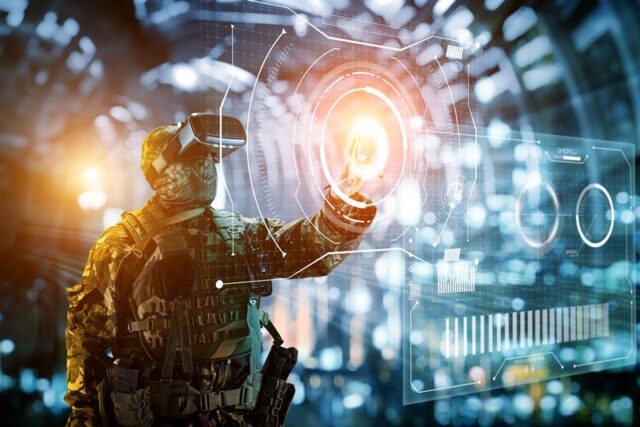
AI has already done so much to change the way wars and conflicts are fought nowadays thanks to the advent of nanorobot attacks, autonomous drones, robotic swarms, and remote attacks.
Autonomous weapons, which are typically commonly referred to as killer robots are capable of searching their target and aiming independently based on pre-programmed instructions. Almost all developed nations in the world have invested huge sums into developing these killer robots. As a result, the world has a lot more to worry about than the nuclear arms race.
And it’s not just these weapon’s power that people must worry about; these weapons present numerous dangers. Can you imagine if they suffered a malfunction that caused them to go rogue and kill innocent victims?
Worse still, what if they were unable to distinguish between targets and innocent civilians? These are the questions that we have to ask ourselves as AI continues to become mainstream in today’s society.
Loss of privacy
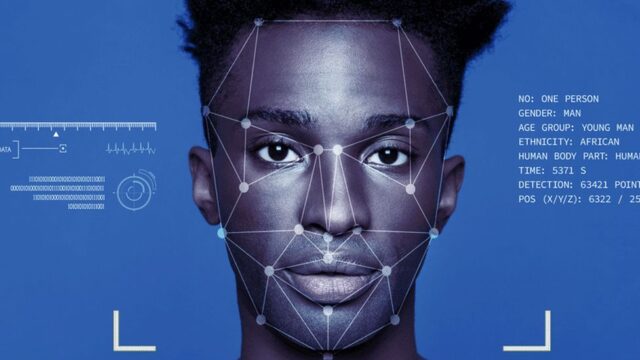
AI’s impressive ability to recognize and identify human faces has allowed businesses and countries to deploy and take advantage of surveillance technology now more than ever. You have Face recognition to thank for allowing you to unlock your phone as well as tag your pictures automatically on Facebook.
But bear in mind that it is also the thing that many countries are using to police and invade the citizenry’s privacy, which could mean a total loss of privacy for individuals in the future. Everyone is entitled to their privacy but AI technology has been designed to threaten it, which is a cause for concern as the technology will only get better and better as time progresses.
Final Thoughts
Computer programs are tools and like any tools, they can be used for good or for inflicting harm, depending on how they are wielded by their masters. Robots have been taking over at least since the release of the 1984 flick Terminator. And although you shouldn’t expect robots to attain sentience or launch a nuclear apocalypse anytime soon, AI still poses some serious threats.
Luckily, you don’t need to be too stressed out about the robots taking over soon. The most recent AI applications excel at perpetual tasks like transcribing speech or categorizing images. Although this is quite impressive as far as machine capabilities go, we are a long way away from designing machines that are as clever as human beings are. So, you can breathe- but just for now-because, the rise of the machines is imminent.

